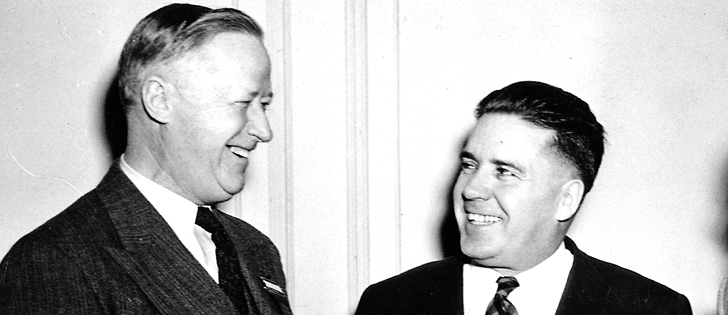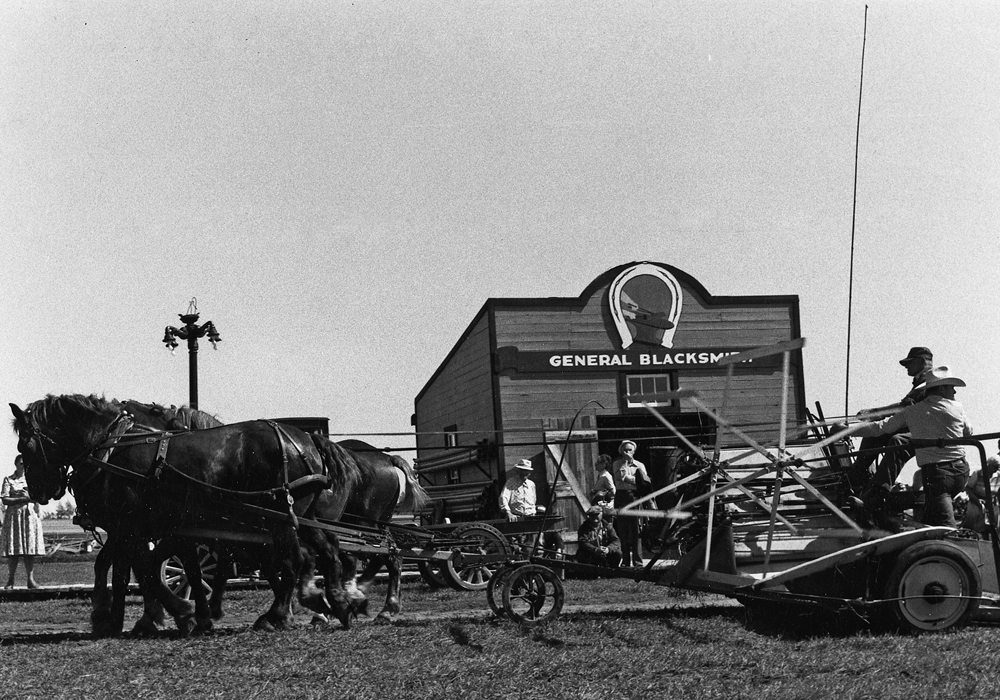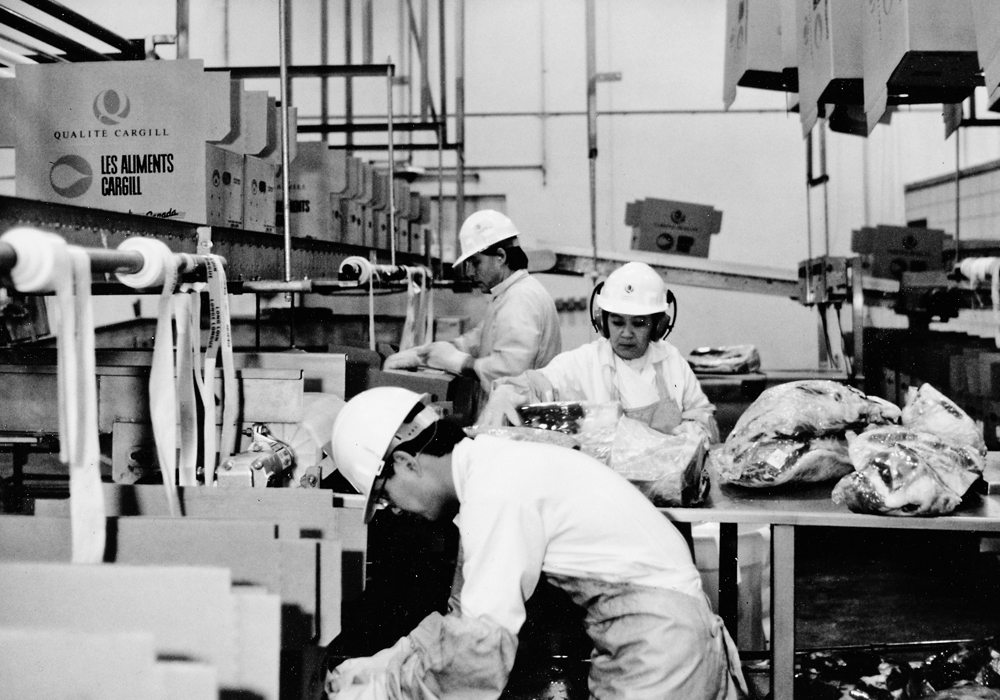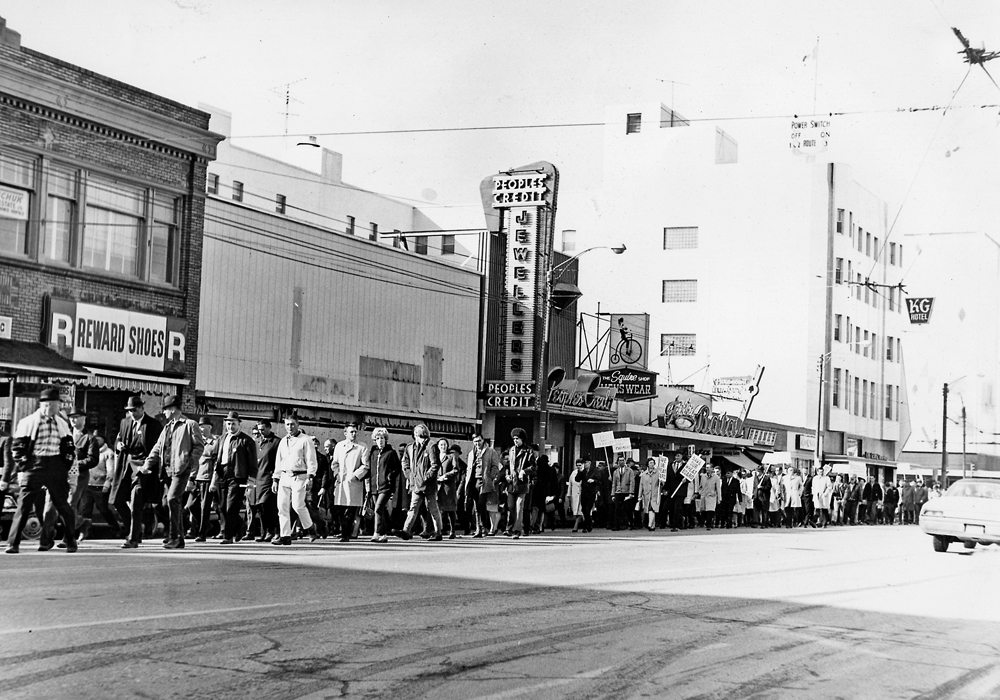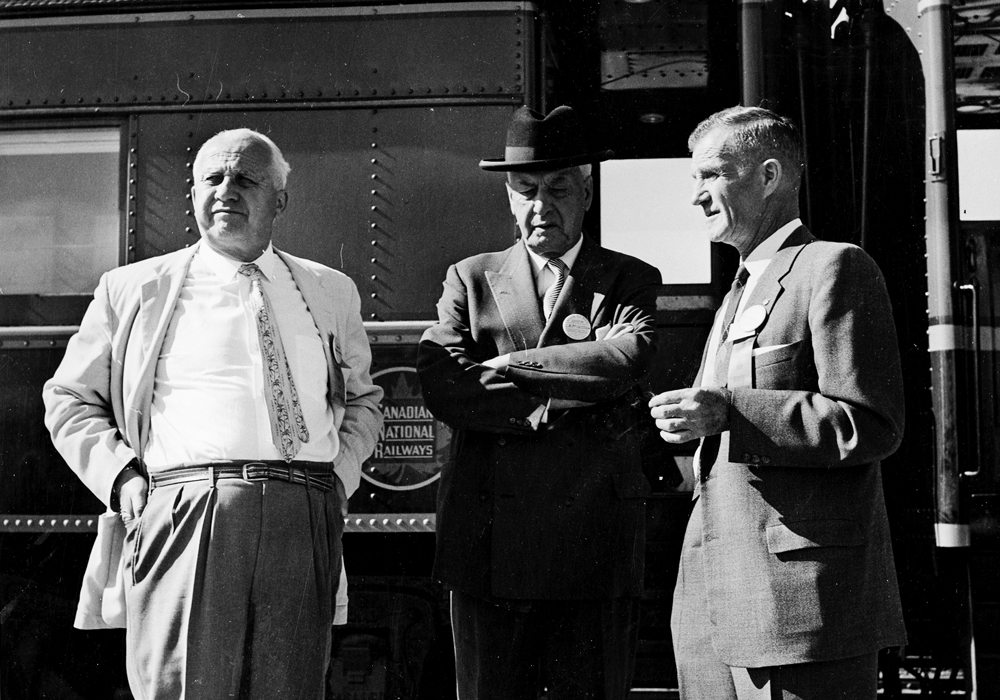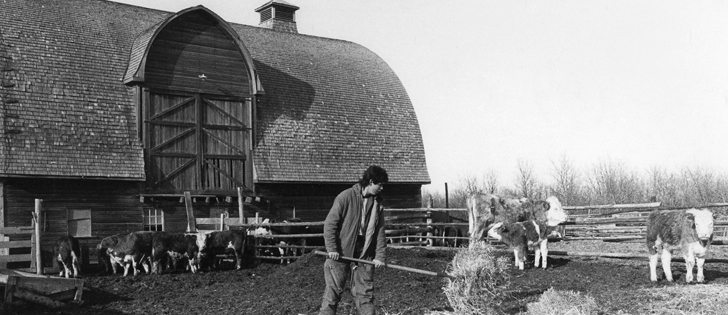The Western Producer takes a weekly look at some of the stories that made headlines in issues of the paper from 75, 50, 25 and 10 years ago.
75 years ago: Feb. 5, 1942
Prime Minister Mackenzie King told the 430 delegates who delivered a petition to Ottawa that he would give “renewed, earnest, helpful, and, I believe, fruitful consideration” to the problems of prairie agriculture.
The petition asking for improved federal agricultural policy contained 185,000 signatures from Saskatchewan and 6,248 from Manitoba.
J.G. Taggart, food controller and chair of the Canada Bacon Board, hinted that a new milk price structure to stabilize milk prices across the country could be in place by April 1.
Read Also

Invigor Gold variety viewed as threat to condiment mustard
Invigor Gold, the canola-quality mustard developed by BASF, is on a collision course with Canada’s condiment mustard industry. It’s difficult to see how the two can co-exist.
Prices would be based on local conditions.
50 years: Feb. 9, 1967
It was close, but delegates to the Canadian Federation of Agriculture’s annual meeting voted 32-28 to oppose the Winnipeg Grain Exchange’s plans for a futures market for livestock.
The exchange had announced it intended to start such a market sometime in 1967, and debate at the CFA meeting was described as spirited.
The average final Canadian Wheat Board payment for oats for the 1965-66 crop year was 24.8 cents a bushel and 32.8 cents a bu. for barley.
Producers delivered 49,626,630 bu. of oats and 88,920,104 bu. of barley.
25 years ago: Feb. 6, 1992
American farm groups said a new world trade deal would be unacceptable if it didn’t reduce Canadian transportation subsidies and require more pricing information from the wheat board.
However, they also insisted that the deal should allow the United States to continue subsidizing grain exports on a “meaningful and untargeted basis.”
The new Russian republic committed itself to a multibillion-dollar deal that would see it buy at least 25 million tonnes of grain from Canada by 1997.
The deal was signed in Ottawa by Prime Minister Brian Mulroney and Russian President Boris Yeltsin.
10 years ago: Feb. 8, 2007
Ships waiting to load grain at the Port of Vancouver were backing up, and shippers said the situation was becoming unacceptable. Six boats sat at anchor Feb. 5, six were loading and 11 more were slated to arrive soon.
The problem was caused by slow delivery of rail cars from the Prairies.
Maple Leaf Foods gave itself 10 years to phase out the use of gestation stalls in its hog barns and move to open group housing.

